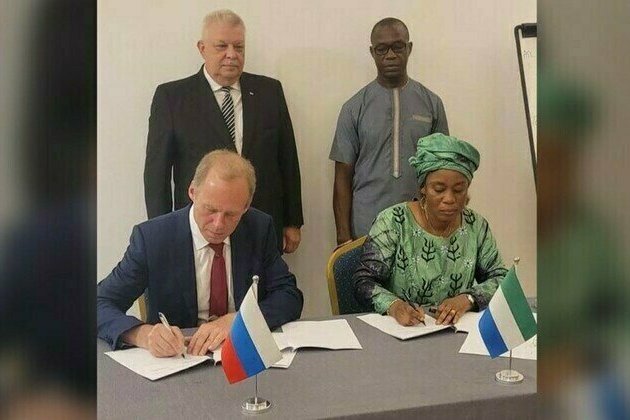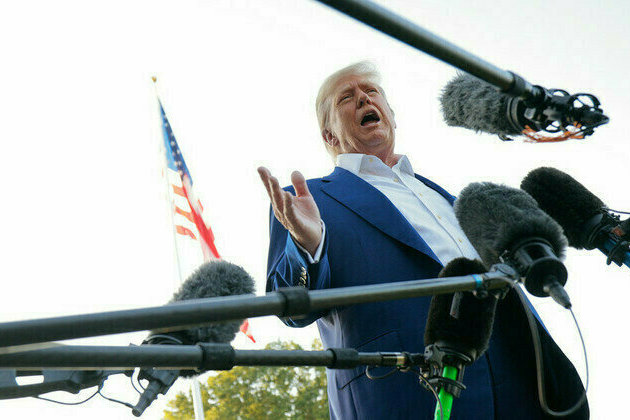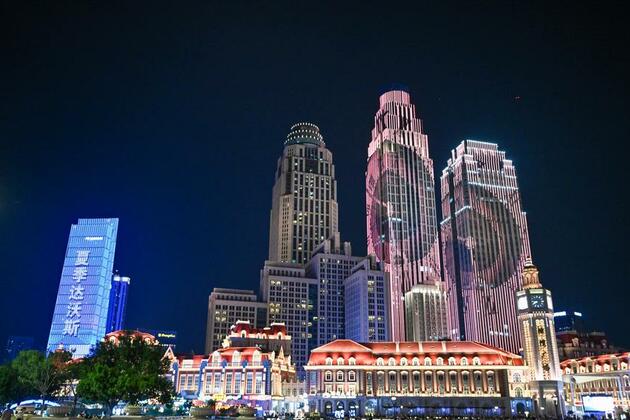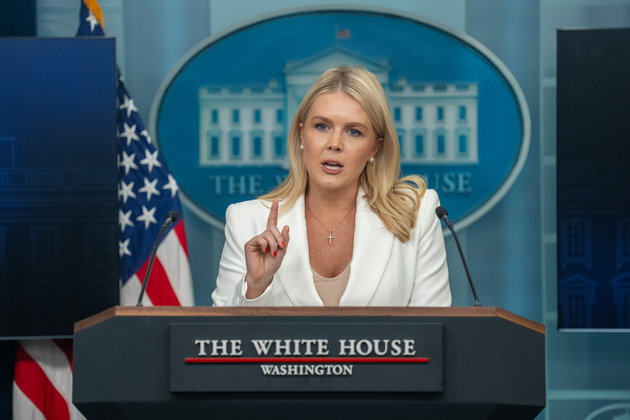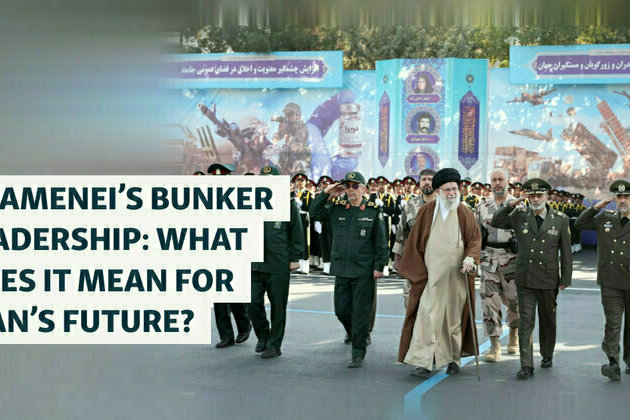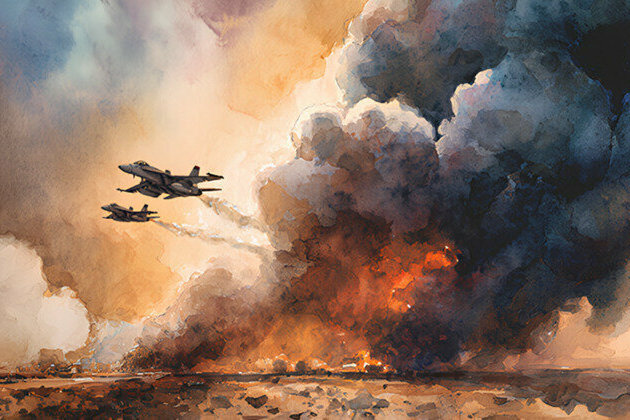Syria's worst violence in months reopens wounds of civil war
Voice of America
10 Mar 2025, 03:20 GMT+10
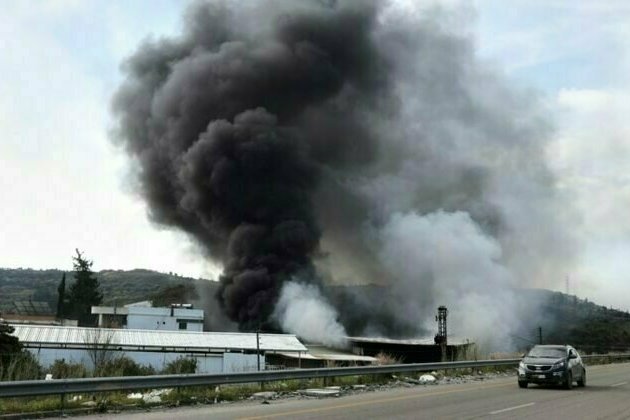
An ambush on a Syrian security patrol by gunmen loyal to ousted leader Bashar al-Assad escalated into clashes that a war monitor estimates have killed more than 1,000 people over four days.
The attack Thursday near the port city of Latakia reopened the wounds of the country’s 13-year civil war and sparked the worst violence Syria has seen since December, when insurgents led by the Islamist group Hayat Tahrir al-Sham (HTS) overthrew Assad.
The counteroffensive against the Assad loyalists in the largely Alawite coastal region brought havoc to several cities and towns. Rights groups reported dozens of revenge killings resulting from Sunni militants targeting the minority Islamic sect, regardless of whether they were involved in the insurgency.
Here’s a look at the latest violence in the war-wracked country:
What started the violence?
Tensions have been on the rise since Assad's downfall following sectarian attacks against Alawites, who ruled Syria for over 50 years under the Assad dynasty. The assaults continued despite promises from Syria’s interim president that the country's new leaders will carve out a political future for Syria that includes and represents all its communities.
In their ambush, the pro-Assad Alawite gunmen overwhelmed government security forces and later took control of Qardaha, Assad's hometown, as Damascus scrambled to bring in reinforcements.
Defense Ministry spokesperson Col. Hassan Abdel-Ghani said Sunday that security forces have restored control of the region and will continue pursuing leaders of the galvanized insurgency.
But despite authorities calling for an end to the sectarian incitement, the clashes turned deadly, and many civilians were killed.
Who are the dead?
Most of the dead are apparently members of the Alawite community, who live largely in the country's coastal province, including in the cities of Latakia and Tartous. Rights groups estimate that hundreds of civilians were killed.
The Alawite sect is an offshoot of Shia Islam, and it once formed the core constituency of Assad's government in the Sunni-majority country.
Opponents of Assad saw Syria under the family's rule as granting privileges to the Alawite community. As the civil war intensified, militant groups emerged across the country and treated Alawites as affiliates of Assad and his key military allies, Russia and Iran.
Syria's new interim government is under Sunni Islamist rule. Interim President Ahmad Al-Sharaa, a former HTS leader, has promised that the country will transition to a system that includes Syria's mosaic of religious and ethnic groups under fair elections, but skeptics question whether that will happen.
Little is currently known about the Alawite insurgency, which is composed of remnants of Assad's web of military and intelligence branches, and who their foreign backers might be.
Why were the Alawites targeted?
The Syrian Observatory for Human Rights said 745 civilians were killed, mostly in shootings. In addition, 125 members of government security forces and 148 militants with armed groups affiliated with Assad were killed. Electricity and drinking water were cut off in large areas around Latakia, the group added.
Meanwhile, the Syria Campaign and the Syrian Network for Human Rights (SNHR), which both advocated against Assad after the civil war began in 2011, said Saturday that both security forces and pro-Assad gunmen were “carrying out mass executions and systematic killings.”
The SNHR estimated that 100 members of the government's security forces were killed Thursday, while 125 of an estimated 140 civilians were slain over the weekend in “suspected revenge killings.”
The Associated Press could not verify those numbers, and conflicting death figures during attacks in Syria over the years have not been uncommon. Two residents in the coastal region said that many homes from Alawite families were looted and set on fire. They spoke from their hideouts on the condition of anonymity, fearing for their lives.
Damascus blamed “individual actions” for the widespread violence against civilians and said government security forces were responding to the gunmen loyal to the former government.
Can Damascus restore calm after the clashes?
Damascus has struggled to reconcile with skeptics of its Islamist government, as well as with Kurdish-led authorities in the northeast and the Druze minority in the south. Al-Sharaa has lobbied to convince the United States and Europe to lift sanctions to pave the way for economic recovery to pull millions of Syrians out of poverty and make the country viable again.
Washington and Europe are concerned that lifting sanctions before Syria transitions into an inclusive political system could pave the way for another chapter of autocratic rule.
Al-Sharaa appealed to Syrians and the international community in an address over the weekend, calling for accountability for anyone who harms civilians and mistreats prisoners. Such human rights violations were rampant under Assad. Al-Sharaa also formed a committee composed mostly of judges to investigate the violence.
In a statement issued Sunday, U.S. Secretary of State Marco Rubio urged Syrian authorities to “hold the perpetrators of these massacres" accountable. Rubio said the U.S. “stands with Syria’s religious and ethnic minorities, including its Christian, Druze, Alawite, and Kurdish communities.”
 Share
Share
 Tweet
Tweet
 Share
Share
 Flip
Flip
 Email
Email
Watch latest videos
Subscribe and Follow
Get a daily dose of Kenya Star news through our daily email, its complimentary and keeps you fully up to date with world and business news as well.
News RELEASES
Publish news of your business, community or sports group, personnel appointments, major event and more by submitting a news release to Kenya Star.
More InformationAfrica
SectionSierra Leone to host Russian fishing fleet under new deal
The African state is seeking to host up to 20 Russian vessels in its waters, according to Moscows Federal Agency for Fisheries Sierra...
Study exposes water danger in South African schools
Teachers and pupils have uncovered high bacterial contamination in tanks, taps, and rivers A South African environmental organization...
Gibbs, Taylor, Dilshan, Irfan, Yusuf, Finch to lead teams in The LEGEN-Z T10 League's first season
New Delhi [India], June 27 (ANI): The LEGEN-Z T10 League has officially unveiled its roster of star international cricketers for its...
From bunker bombs to Nobel dreams: Trumps war for peace
Choosing a military solution over a negotiated one in dealing with Iran is is a throwback to US unilateralism and regime change policies...
Interview: China is trustworthy, preferred partner for other countries, says S. African media executive
China is playing a crucial role in stimulating the global economy through investment, consumption and strengthened partnerships, which...
Update: Global energy interconnection standards issued to boost green development
BEIJING, June 27 (Xinhua) -- A set of energy interconnection standards for wind farms, photovoltaic power plants and pumped storage...
World
SectionU.S.-WASHINGTON, D.C.-WHITE HOUSE-IRAN-PRESS BRIEFING
(250627) -- WASHINGTON, June 27, 2025 (Xinhua) -- White House Press Secretary Karoline Leavitt speaks during a press briefing at the...
Khameneis Bunker Leadership: What Does It Mean for Irans Future
Supreme Leader Ayatollah Ali Khameneisabsencefrom public view during the Israel-Iran war could become a defining moment for his leadership...
Indian stocks soar for fourth day over US trade deal hopes
New Delhi [India], June 27 (ANI): Indian stock indices stayed in the green for the fourth straight session, lending support from positive...
Global Human Rights Groups call out China at UN for ongoing persecution of lawyers
Geneva [Switzerland], June 27 (ANI): A coalition of global human rights organisations has expressed grave concerns during the 59th...
Forget Middle East: This region could be next to see a major crisis
Russia must watch the fallout of Israels wars especially in its backyard The war in the Middle East poses a growing threat to Central...
From bunker bombs to Nobel dreams: Trumps war for peace
Choosing a military solution over a negotiated one in dealing with Iran is is a throwback to US unilateralism and regime change policies...

